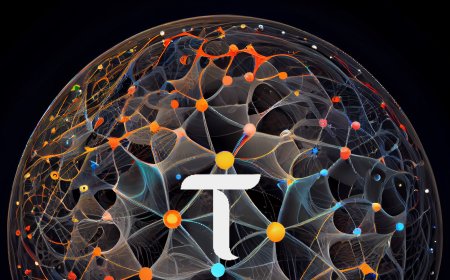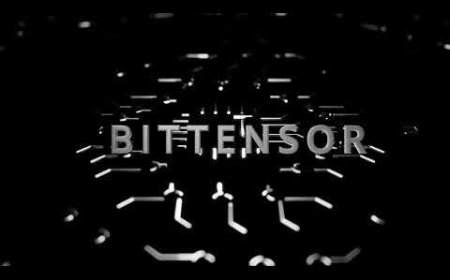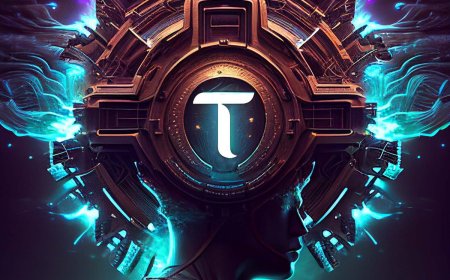BitTensor's Transformation: Tackling Network Monopoly and Empowering Decentralized Governance
Greetings to everyone tuning in for this important update! This announcement is a long-overdue follow-up on BitTensor’s recent events. Over the past few weeks, we’ve undertaken an in-depth post-mortem analysis to understand what went wrong, how we can resolve these issues, and our plan to ensure they never happen again.
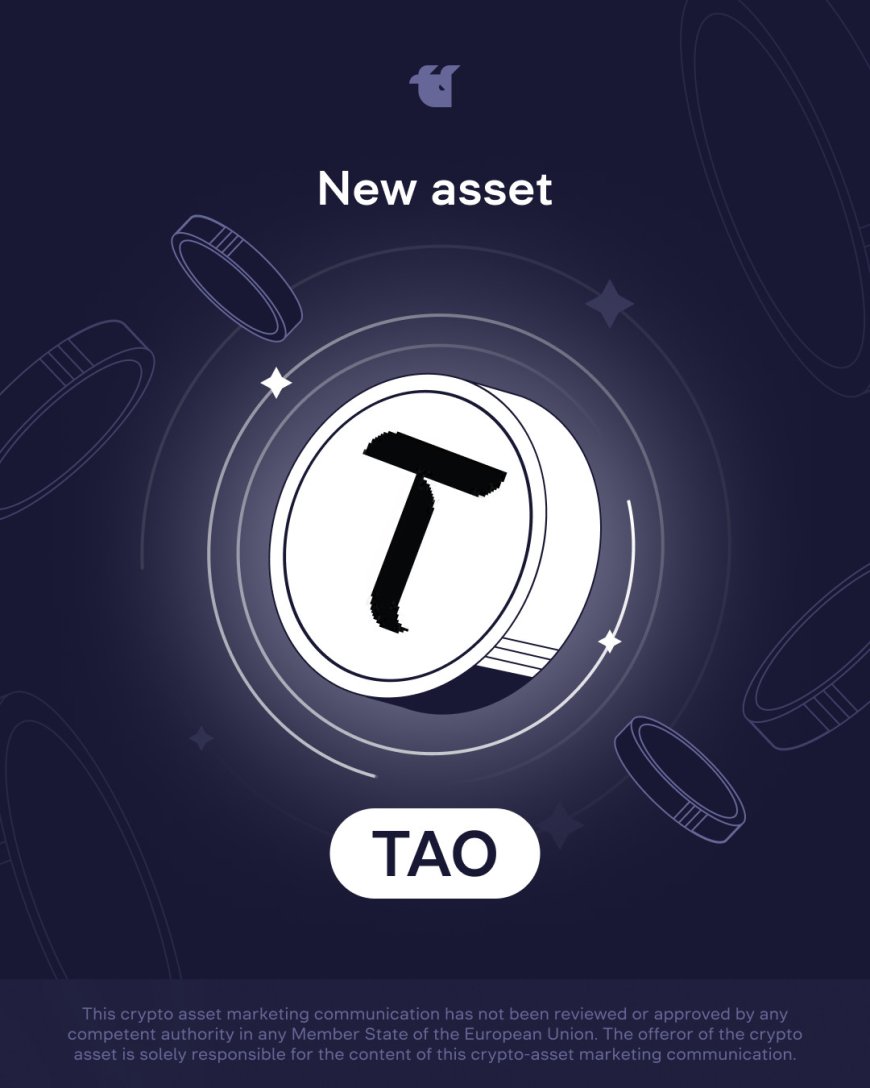
Introduction: Addressing Challenges and Moving Forward
Greetings to everyone tuning in for this important update! This announcement is a long-overdue follow-up on BitTensor’s recent events. Over the past few weeks, we’ve undertaken an in-depth post-mortem analysis to understand what went wrong, how we can resolve these issues, and our plan to ensure they never happen again.
BitTensor, like any blockchain-based network, is susceptible to challenges—especially in the early stages. Recently, our system experienced what can be compared to the infamous "1910 Standard Oil" event, where monopolistic forces disrupted market stability. A takeover attempt was initiated on the mining side, leading to a major impact on the network. Today, we will walk through what occurred, the steps we’re taking to correct these issues, and how we’re establishing more robust, long-term security measures to support BitTensor's future.
Understanding the Root of BitTensor’s Network Monopoly Issue
In simple terms, a small group exploited a monopolistic advantage within BitTensor, disrupting the fair and democratic market environment. Here, we’ll break down how two primary vulnerabilities were used to undermine our decentralized machine-learning platform and discuss the changes we’re implementing to safeguard against future threats.
1. The Limitations of Proof-of-Work (PoW) in BitTensor
Initially, we employed a Proof-of-Work (PoW) mechanism for Sybil resistance to determine miner entry into BitTensor. This mechanism aimed to prevent unauthorized access by increasing computational difficulty. However, PoW quickly escalated from 10 million to quadrillions in complexity. Some miners capitalized on this, using high-powered GPUs, such as the A100s, to surpass the standard PoW process, gaining a competitive edge.
This process revealed an underlying issue: those with access to advanced computational power could secure exclusive advantages in registration, ultimately saturating the network. With the growing PoW requirement, individuals without access to such resources were unable to compete, creating an unbalanced playing field. Since PoW was becoming a bottleneck and no longer aligned with BitTensor's goals, we’ve decided to eliminate this mechanism and pursue alternative approaches that promote fairness.
2. Caching Systems and Dataset Randomness Challenges
The network’s inability to sustain randomness in its datasets allowed certain miners to gain an edge. These miners cleverly implemented caching systems, reducing response times by precomputing answers to specific queries. This created a significant competitive disparity, as it allowed some to respond with greater accuracy and efficiency than others.
To counteract this, we’ve increased the size of our synthetic dataset from 40 GB to 108 GB, injecting more randomness and diversity into queries. This upgrade limits the effectiveness of caching systems, ensuring that the network remains secure and that the miners participating are on a level playing field.
BitTensor’s Journey Towards Decentralized Governance
Beyond security improvements, BitTensor is making strides towards a more decentralized governance model through the integration of a Decentralized Autonomous Organization (DAO). Decentralized governance is essential to BitTensor’s long-term goals, as it allows the community to play an active role in decision-making, fostering a collective sense of ownership.
Implementing DAO for Enhanced Democracy
To enhance community involvement, BitTensor has introduced a DAO-based voting mechanism, enabling users to participate by staking and delegating their votes to the top 12 delegates. This approach distributes decision-making authority among stakeholders, reducing the influence of any single entity, and ensuring that BitTensor’s evolution aligns with the community’s interests.
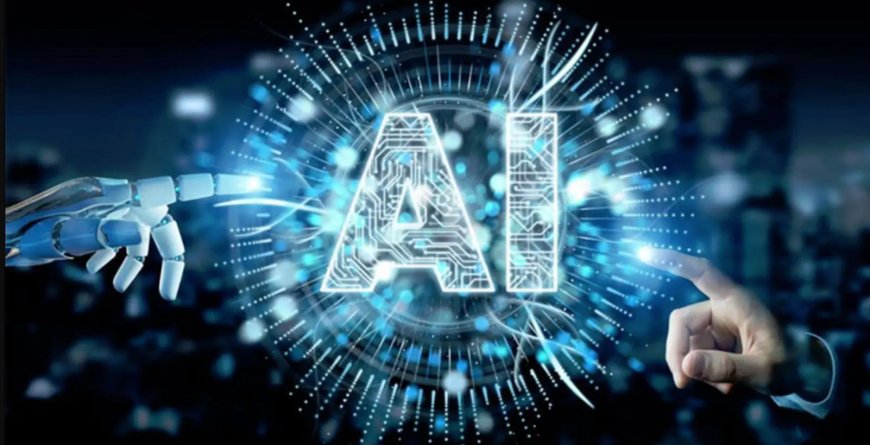
Transition from Core Leadership to Community-Driven Governance
The transition from centralized control by the core leadership team to a DAO model reflects BitTensor’s commitment to decentralized governance. Through this approach, we’re empowering the community to manage and sustain the network, facilitating a self-regulating ecosystem. Over time, the BitTensor team will continue to decentralize control, creating a sustainable governance model where community members have a more significant impact on network policies.
Strengthening Network Security and Resilience
Our primary objective is to secure the network from similar monopolistic exploits in the future. We’re incorporating multiple enhancements to increase security, fairness, and the democratization of access within BitTensor.
Validator Sets and Randomness Generation
BitTensor’s new validator sets will feature an improved randomness generator based on publicly available sources such as Wikipedia. This generator supports a dynamic question-answer process, making it difficult for individuals to predict and manipulate the network. As a result, potential attackers will struggle to anticipate queries, reducing the chances of basic attacks and helping maintain network integrity.
Burn Registration Mechanism and Emission Rate Adjustments
Initially, the burn registration mechanism was implemented to offset the competitive advantage that PoW gave certain participants. However, we’re refining this feature to enhance fairness by adjusting emission rates, allowing the community to contribute to decisions on emission changes through DAO votes. By offering a flexible and adaptive approach to registration, we’re creating an equitable space where everyone has the opportunity to participate and benefit from the network.
Fostering Community Participation and Encouraging White-Hat Hackers
We recognize the importance of collaboration and open dialogue in creating a robust system. That’s why we’re inviting the BitTensor community, including white-hat hackers, to help identify vulnerabilities and propose solutions. By reporting technical issues directly to the BitTensor development team, community members can assist us in maintaining a secure, transparent, and community-driven network.
BitTensor’s Vision: Long-Term Sustainability and Community Empowerment
Looking ahead, our aim is for BitTensor to become a self-sustaining ecosystem. Through decentralized governance and the elimination of monopolistic behaviors, we’re laying the groundwork for a secure, fair, and competitive environment for all participants. We’re committed to ensuring transparency in our decisions and providing the community with meaningful control over critical decisions that will shape BitTensor's future.
Our ultimate goal is to build a system that promotes collective decision-making and rewards genuine contributions. Through continued improvements in security, fairness, and community engagement, we’re confident that BitTensor will evolve to meet the challenges that lie ahead.
Conclusion: Moving Forward with Confidence
The past few weeks have been a learning experience for the BitTensor team, and we are grateful for the community’s patience and support. As we address these challenges, our resolve to make BitTensor stronger, more secure, and more decentralized has only grown. The changes we’re implementing aim to restore fairness, protect against future monopolies, and empower the community to drive BitTensor forward.
Thank you for being part of this journey with us. We’ll keep everyone updated on progress, and we look forward to building a brighter future together.
Source : @The Bittensor Hub.

